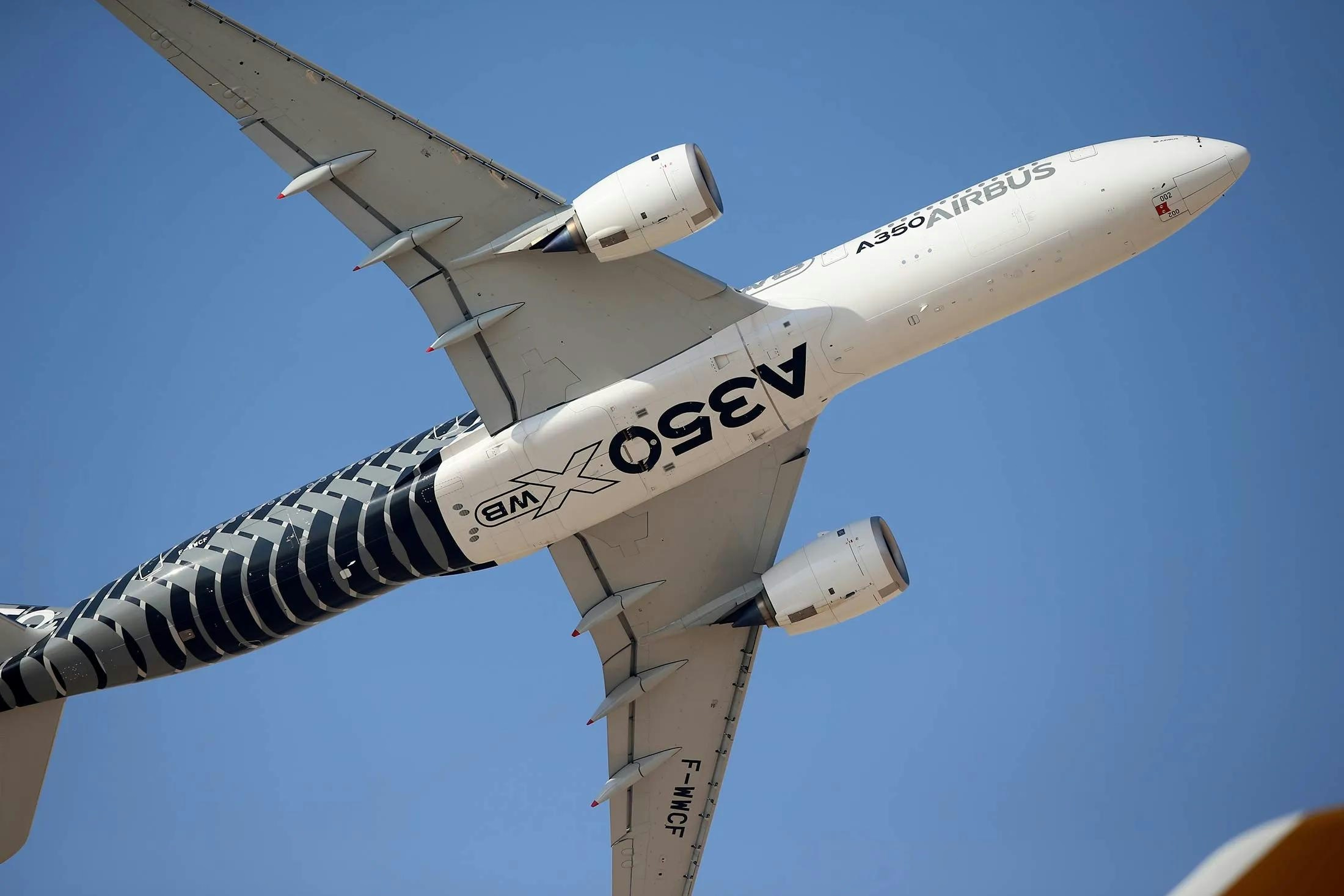AeroGenie — Il tuo copilota intelligente.
Tendenze
Categories
United Airlines and the Airbus A350: What Went Wrong?

United Airlines and the Airbus A350: What Went Wrong?
United Airlines, known for operating one of the world’s largest widebody fleets exclusively composed of Boeing aircraft, has experienced a protracted and uncertain relationship with Airbus’s flagship widebody, the A350. Despite placing its initial order for the A350 in 2009, the airline has yet to integrate the aircraft into its fleet, more than 15 years later. This delay reflects a complex history of shifting commitments and evolving strategic considerations.
A History of Shifting Orders
United’s engagement with the A350 began with an order for 25 A350-900s, the smaller variant of the aircraft, in 2009. Four years later, in 2013, the airline increased its commitment to 35 aircraft, converting the order to the larger A350-1000 model. However, in 2017, United reversed course, reverting to the A350-900 and expanding the order to 45 aircraft, a figure that remains unchanged today. The A350 was initially slated to enter service with United in 2022, but repeated delays have pushed the expected delivery date back to at least 2030, with uncertainty persisting over whether the aircraft will be delivered at all.
Fleet Strategy Amid Industry Shifts
United’s hesitation regarding the A350 coincides with significant transformations within the commercial aviation sector. The airline is approaching a critical decision point on how to replace its aging Boeing 777-200 fleet. With a substantial number of Boeing 787-9s already on order, the A350-900 remains a potential option. However, United may once again revise its order, possibly increasing the number of aircraft or switching back to the larger A350-1000 variant to better align with evolving network demands, particularly on high-density international routes.
At the same time, United faces intensifying competition from Airbus’s A320 family. The A320 series has recently surpassed the Boeing 737 as the most delivered commercial jet, driven by its versatility and the success of long-range variants such as the A321LR. This shift is influencing fleet strategies across the industry and could affect United’s market position, especially as airlines seek more flexible and fuel-efficient aircraft capable of serving both short- and long-haul routes.
Competitor Moves and Market Dynamics
Other major carriers are also reevaluating their widebody fleets in response to changing market dynamics. Lufthansa, for instance, plans to streamline its long-haul operations by retiring six aircraft types, including the A340, and concentrating on the A350 and Boeing 787. This strategy may reshape competitive dynamics on key international routes. Similarly, Emirates is expressing interest in larger versions of both the Boeing 777X and Airbus A350, reflecting a broader industry trend toward more efficient, next-generation long-haul aircraft.
The Future of United’s Widebody Fleet
United currently operates 19 Boeing 777-200s, each configured to seat up to 364 passengers in a two-class layout. As the world’s largest operator of this model, the airline faces increasing pressure to modernize its widebody fleet. Whether the A350 will ultimately join United’s lineup remains uncertain. The decision will be influenced by ongoing industry trends, competitive pressures, and the airline’s imperative to balance operational efficiency with network flexibility.
As the commercial aviation landscape continues to evolve, United’s forthcoming decisions regarding the A350 will be closely observed, serving not only as a fleet update but also as an indicator of how legacy carriers are adapting to a rapidly changing market environment.

Capital A Completes Sale of Aviation Business to AirAsia X

Four Gateway Towns to Lake Clark National Park

PRM Assist Secures €500,000 in Funding

Should Travelers Pay More for Human Support When Plans Go Wrong?

InterGlobe Aviation Shares Rise 4.3% Following January Portfolio Rebalancing

Key Market Segments Shaping Airline Route Profitability Software

Locatory.com Gains Traction Among Aviation MROs and Suppliers

JetBlue Flight Makes Emergency Landing Following Engine Failure

58 Pilots Graduate from Ethiopian University

The Engine Behind Boeing’s Latest Widebody Aircraft
